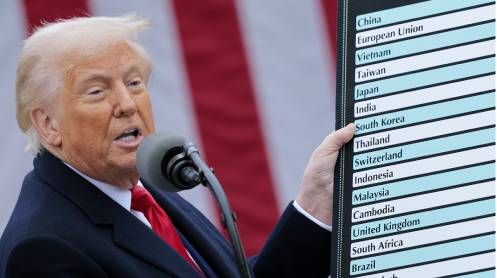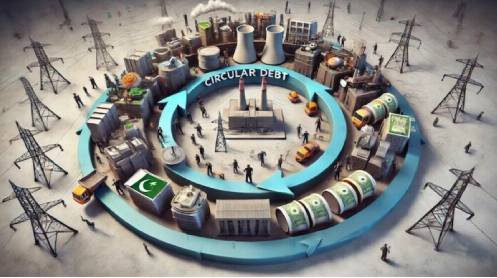ISLAMABAD: Six power Distribution Companies (Discos) have sought increase in tariff of about Rs5 to recover about Rs750 billion, from their consumers for the year 2024-25 under indexation of Multi-Year Tariff (MYT) components and other adjustments.
According to the petitions, filed with the National Electric Power Regulatory Authority (NEPRA), Quetta Electric Supply Company (QESCO) has submitted revenue requirement of Rs236.945 billion, Gujranwala Electric Power Company (GEPCO), Rs376.204 billion at tariff rate of Rs3.31 per unit, Multan Electric Power Company (MEPCO), Rs160.823 billion, Tribal Areas Electric Supply Company (TESCO), Rs92.079 billion, Sukkur Electric Supply Company, Rs35.796 billion and Peshawar Electric Supply Company (PESCO) Rs64.244 billion.
The requested adjustments are on account of O&M costs, currency depreciation, Return on Rate base, Gross Margin, less other income, net margin and Prior Year Adjustment. The estimates are based on distribution business and power supply business. Some of the companies have also sought adjustment in pay and allowances of their employees.
Tariff petitions of Hyderabad Electric Supply Company (HESCO), Lahore Electric Supply Company (LESCO), Faisalabad Electric Supply Company and Islamabad Electric Supply Company (IESCO) are yet to be uploaded by the NEPRA on its website.
National Electric Power Regulatory Authority is scheduled to conduct public hearings on the petitions of Discos in the first week of April 2024.
Both Power Division and NEPRA have asked all Chief Executive Officers (CEOs) of Discos to file their tariff petitions as early as possible so that the determinations are finalized in May. Power Division is also to seek approval of revised tariffs from Federal Cabinet whereas for notifications it has to approach the Ministry of Law and Justice.
IMF has asked the government to continue with the timely implementation of power and gas tariff adjustments to keep average tariffs consistent with cost recovery while protecting the vulnerable through the existing progressive tariff structures, thus avoiding any net Circular Debt (CD) accumulation in FY24.
Story by Mushtaq Ghumman





